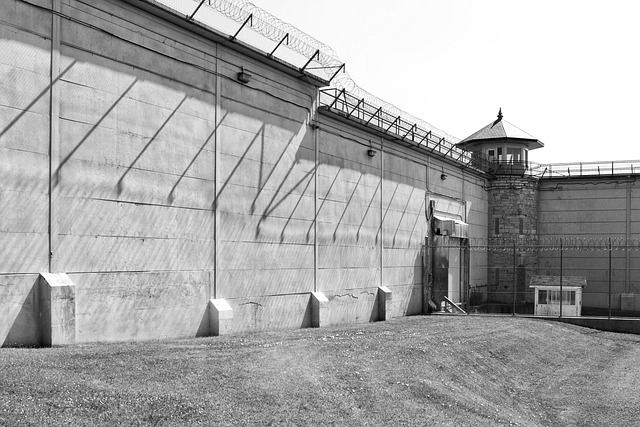First-time offenders face post-incarceration challenges, notably limited transportation access, hindering reintegration. Offering affordable and reliable alternative transportation options like bike-sharing, electric scooters, and public transit apps is transformative. These alternatives promote independence, reduce financial burdens, encourage community engagement, and empower ex-offenders to break isolation, rebuild lives, and contribute to a sustainable future. Implementing supportive systems and integrating counseling, job training programs is crucial for successful reintegration.
In many justice systems, first-time offenders face unique challenges upon release. This article explores the concept of second chances for these individuals, focusing on three key strategies: understanding their specific needs, providing accessible Alternative Transportation Options, and implementing supportive reintegration systems. By examining these approaches, we aim to highlight effective paths towards successful reentry and reduced recidivism rates.
- Understanding First-Time Offenders and Their Challenges
- Exploring Alternative Transportation Options for Second Chances
- Implementing Supportive Systems for Successful Reintegration
Understanding First-Time Offenders and Their Challenges

First-time offenders often find themselves at a crossroads, facing a unique set of challenges that can significantly impact their future. These individuals might have made mistakes, but it’s crucial to recognize that this doesn’t define their entire lives. Many first-timers struggle with the transition back into society after serving their sentences, especially when traditional modes of transportation are limited or unavailable to them. This is where alternative transportation options come into play, offering a lifeline for these individuals to reintegrate and rebuild.
Access to affordable and reliable transportation can be transformative for first-time offenders, providing them with opportunities for education, employment, and social connections. It empowers them to break free from the cycle of isolation and limited choices that often plagues those with criminal records. By exploring alternative options like bike sharing programs, public transit, or even carpooling, these individuals can regain a sense of independence and take steps towards a brighter future.
Exploring Alternative Transportation Options for Second Chances

For first-time offenders seeking a second chance, exploring alternative transportation options can be a transformative step. Traditional modes of travel often come with penalties and restrictions that might hinder their reintegration into society. However, innovative solutions like bike-sharing programs, electric scooters, and public transit apps offer flexible, cost-effective, and environmentally friendly alternatives. These options not only provide freedom of movement but also encourage responsibility and independence.
By embracing alternative transportation, individuals can reduce the financial burden associated with owning a vehicle, thereby saving resources for personal growth and education. Moreover, many cities now have ride-sharing services and carpooling apps that connect users, fostering community engagement and reducing traffic congestion. This shift in transportation choices can be a powerful tool in supporting second chances, enabling offenders to navigate their communities more sustainably and with greater dignity.
Implementing Supportive Systems for Successful Reintegration

After serving their sentence, first-time offenders often face challenges reintegrating into society. To facilitate a smoother transition, supportive systems must be in place. One key aspect is providing access to alternative transportation options. Many ex-offenders struggle with finding or maintaining employment due to lack of reliable transportation, creating a vicious cycle. Offering accessible and affordable transport solutions can break this cycle, enabling them to attend job interviews, keep appointments, and maintain stability.
These alternatives could include public transit subsidies, bike-sharing programs, or even carpooling initiatives within the community. Additionally, counseling services and job training programs should be integrated into reentry programs. By addressing transportation needs and offering comprehensive support, societies can empower first-time offenders to rebuild their lives and successfully reintegrate into communities.
First-time offenders, often facing unique challenges, can benefit from a supportive system offering second chances. By exploring alternative transportation options and implementing restorative measures, we empower these individuals to reintegrate successfully. This approach ensures that mistakes don’t define their future, fostering a more compassionate and inclusive society. Embracing these strategies is key to unlocking potential and providing meaningful support for those seeking redemption.






